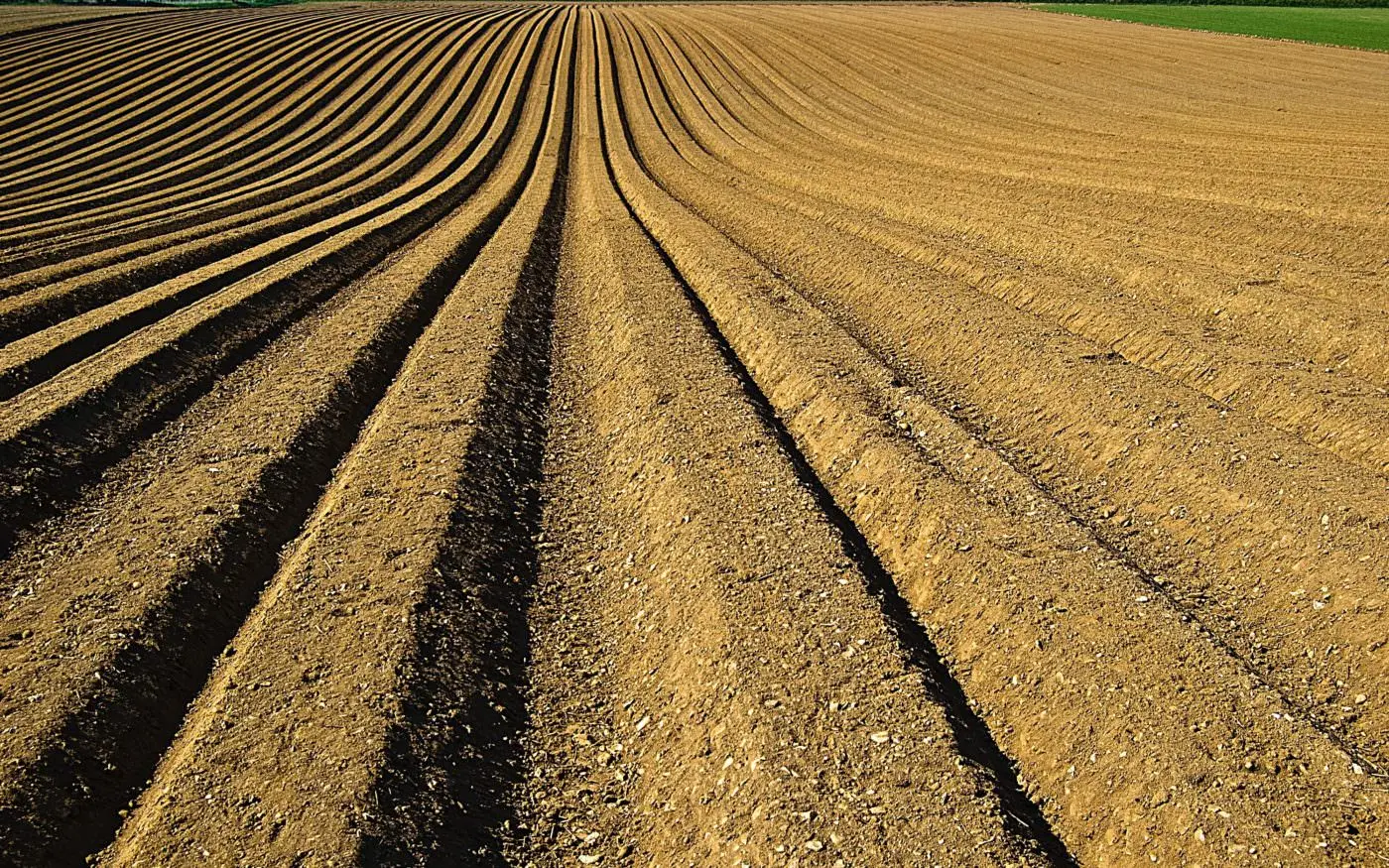About this series: Developing a biblically rooted philosophy of evangelism can greatly enhance the effectiveness of outreach and evangelism ministries. In this first post, we explore how the evangelism endeavor can be compared to the agricultural process.[note]Acknowledgement: With the permission of Search Ministries, many of the following concepts have been adopted from two of their lifestyle evangelism seminars. I am indebted to Larry Moody, Dave Krueger, Bill Kraftson, Ed Diaz, Bob Shelley, and the other members of the Search Ministries team.[/note]
[lead]Most people associate evangelism with an event (conversion), but from a Scriptural perspective, it is more of a process.[/lead] The Bible uses agricultural imagery to portray the dynamic process of evangelism. For example, consider the following two passages:
“Do you not say, ‘There are yet four months, and then comes the harvest’? Behold, I say to you, lift up your eyes and look on the fields, that they are white for harvest. Already he who reaps is receiving wages and is gathering fruit for life eternal; so that he who sows and he who reaps may rejoice together. For in this case the saying is true, ‘One sows and another reaps.’ I sent you to reap that for which you have not labored; others have labored and you have entered into their labor.” (John 4:35–38)
“I planted, Apollos watered, but God was causing the growth. So then neither the one who plants nor the one who waters is anything, but God who causes the growth. Now he who plants and he who waters are one; but each will receive his own reward according to his own labor. For we are God’s fellow workers; you are God’s field, God’s building.” (1 Corinthians 3:6–9)
Crops simply do not “happen”; reaping a harvest is the outcome of a lengthy series of events that cannot be bypassed or overlooked. Let’s take a look at each of these events before we consider the spiritual analogy:
- Phase 1: Preparation of the soil. Unless the ground is cleared and plowed, the soil will not be ready to receive the seed.
- Phase 2: Sowing of the seed. This can only take place after the soil has been harrowed and furrowed.
- Phase 3: Cultivation. This is the lengthiest part of the agricultural process since it involves irrigation, fertilization, and weed control.
- Phase 4: Reaping. This final part in the process can only occur when the crop is mature.
The Evangelism Process
When we substitute “soul” for “soil,” the spiritual analogy of these four phases to the process of evangelism becomes obvious. Let’s look at each one.
Preparing the Soil
Before people are ready to receive the seed of God’s Word, their souls must be prepared. This can happen in many ways. Often, God uses adversities and setbacks to pull people away from their illusions of autonomy so they can begin to see their true condition of spiritual need.
Jesus “prepared the soil” when he asked the Samaritan woman for a drink of well water (John 4:7–10). Even in speaking to her, Jesus overcame three barriers:
- The racial barrier (because Jews had no dealings with Samaritans);
- The gender barrier (Jewish rabbis would not address women as Jesus did); and
- The social barrier (this woman had a poor reputation among her own people).
Jesus knew everything this woman had done, and yet he gently and lovingly offered her the living water of eternal life.
Sowing the Seed
The parable of the soils, recorded in Matthew 13:3–9 and Mark 4:1–20, illustrates the phase of seed sowing and underscores the need for receptivity to the Word of life. The seed does not take permanent root when the soil is unprepared.
[panel style=”info” text_align=”left”]”Behold, the sower went out to sow; and as he sowed, some seeds fell beside the road, and the birds came and ate them up. Others fell on the rocky places, where they did not have much soil; and immediately they sprang up, because they had no depth of soil. But when the sun had risen, they were scorched; and because they had no root, they withered away. Others fell among the thorns, and the thorns came up and choked them out. And others fell on the good soil and yielded a crop, some a hundredfold, some sixty, and some thirty. He who has ears, let him hear.” (Matthew 13:3–9)[/panel]Cultivating the Soil
Whereas the sowing of the seed is exposure to the truths of the word of God, the process of cultivation is the gradual realization that these truths speak to deep human needs. The cultivation phase is illustrated in the fact that Jesus was called “a friend of tax collectors and sinners” (Matthew 11:19) and in Paul’s desire to find areas of common ground in order to win Jews and Gentiles to Christ (1 Corinthians 9:19–23).
The Lord uses his servants in each of the first three phases as they pray for people without Christ, develop relationships with them in areas of common ground, and share their own journeys when appropriate.
Reaping the Harvest
The metaphor Jesus used of the Samaritans as a field that is white for harvest (John 4:35–38) depicts the final phase: reaping the harvest. This image is immediately followed by an account of the Samaritans coming to faith in Jesus (John 4:39–42).
All Phases Are Important
The key principle to be gleaned from this process is the liberating truth that if we are involved in any one of these four phases, we are doing evangelism. Believers who prepare the soil, sow the seed, or cultivate the planted soil are as much a part of the evangelistic process as those who are given the privilege of reaping the harvest.
In addition, when we are sensitive and responsive to the opportunities God places in our path, we will find ourselves participating in different phases of the process, depending on the individual and God’s purposes. With one person, we may be given an opportunity to participate in the seed-planting phase by sharing truths from Scripture. In another case, we may have an opportunity to water or fertilize the spiritual truth that has already been sown. While our desire is to see our friends come to Christ (the harvest), we can be assured that whether we are involved in preparing, sowing, watering (cultivating), or reaping, we are part of the same process.
Believers who prepare the soil, sow the seed, or cultivate the planted soil are as much a part of the evangelistic process as those who are given the privilege of reaping the harvest.
For more on how to share your faith in today’s world, see Dr. Boa’s “Evangelism in a Postmodern World” series. [vector_icon icon=”arrow-circle-o-right”]



